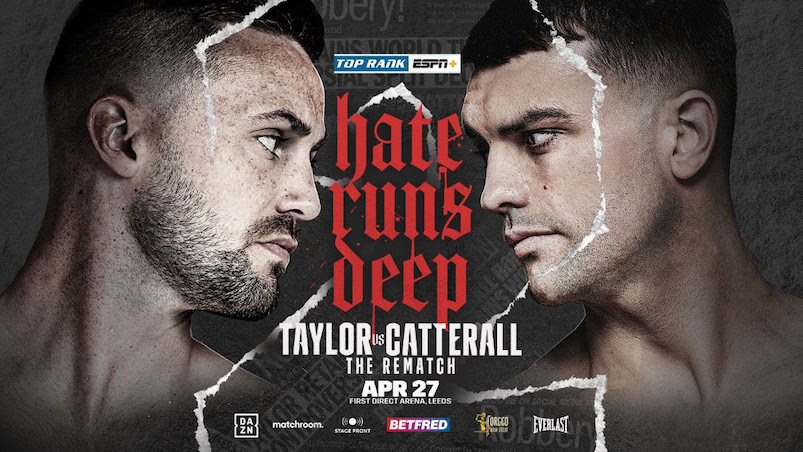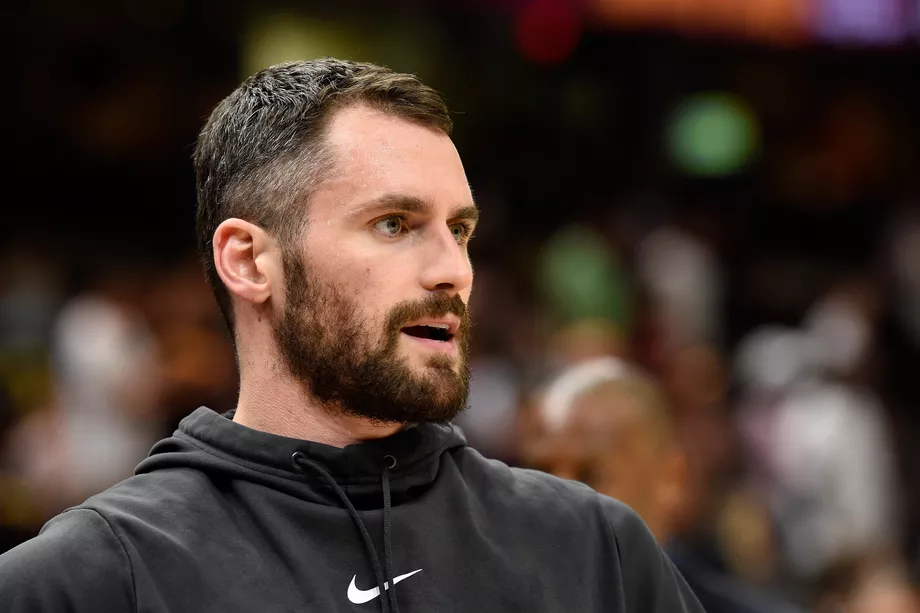Cleveland won’t tank after LeBron’s second departure which is best for everyone.
The Cleveland Cavaliers do not have a lengthy list of transactional masterstrokes, especially in the past 15 years. The Cavaliers’ successes primarily stem from luck: the luck of landing the No. 1 picks in 2003 and 2011, and the luck of being located 40 miles from the birthplace of the greatest player of his generation, who happened to enter the NBA in 2003. These strokes of immense fortune landed Cleveland the services of LeBron James for 11 seasons, Kyrie Irving for six, five total trips to the NBA Finals, and the 2016 NBA Championship.
There have been a few smart moves. The best was perhaps the trade that actually netted the 2011 No. 1 pick and thus Irving: at the 2011 trade deadline, the rebuilding, post-LeBron Cavaliers flipped their best player Mo Williams to the Clippers to take on the more expensive, higher maintenance Baron Davis, with an unprotected first-round pick being the sweetener. That’s right: the Clippers gave up the pick that became Kyrie Irving for modest salary cap savings and to get rid of Baron Davis, a fact forgotten mostly because L.A. won the Chris Paul sweepstakes months later after David Stern kneecapped the Lakers’ bid.
Another strong move for the Cavaliers, one criticized widely up until the team won rings: the 2014 trade sending Andrew Wiggins to the Timberwolves for Kevin Love. This move was done in the immediate aftermath of LeBron returning to Cleveland. Wiggins had been the Cavs’ third No. 1 overall pick in four years after Irving and Anthony Bennett. Irving was already an All-Star and figured centrally in Cleveland’s plans to challenge for championships in LeBron’s second era. Bennett was a massive disappointment already, and Wiggins was untested with immense promise. But the Cavaliers needed a surer thing, and made the trade for the All-Star Love, a Chris Bosh-like shooter and rebounder (but not defender).
Sports counterfactuals are slippery, and the 2016 NBA Championship is a particularly knotty event. But given how Wiggins has developed, and given Love’s eventual importance in the NBA Finals, it’s reasonable to conclude that the Cavaliers would have lost that series against the Warriors without the trade. (It’s reasonable to conclude the Cavs would have lost that series in about a million other what ifs, too. It was a really close series!)
So the Love-Wiggins trade is revealed as a win for Cleveland. So what of this next step in this new era, with the Cavaliers inking Love to a 4-year, $120 million extension in the wake of LeBron’s second departure, a year after Irving had forced his way to a rival? Is this too a win, or a mistake?
Only time can tell, of course. But there seems to be little risk for Cleveland. We generally laud teams for successfully retaining excellent players, especially in this era of mass star realignment. Love is really good. He’ll be the third or fourth best forward in the Eastern Conference going into next season behind MVP candidates Giannis Antetokounmpo and Kawhi Leonard and maybe Blake Griffin. (Ben Simmons, Gordon Hayward and/or perhaps a Celtic youth like Jayson Tatum or Jaylen Brown could pass Love this season.) Barring injury or serious changes to the NBA’s All-Star selection — such as abandoning conferences in that exercise — Love will likely be an All-Star for the sixth time.
Paying perennial All-Stars money to play for your basketball team is a good idea! It’s a simple but true maxim to team-building in the NBA.
In the wake of LeBron’s second exit, the Cavaliers could have looked to instead trade Love and tank out as they did in the wake of LeBron’s first exit. But that tank job didn’t work despite Cleveland having remarkably lottery luck. The Cavaliers only returned to prominence when LeBron came back and they traded for Love. Instead, Cleveland will try to be competitive with Love and a modest collection of young talent in a shallow Eastern Conference.
If things go sideways and the Cavaliers are on track to be bad for the next couple of years, they could always trade Love then. Barring injury, Love should retain plenty of value. In fact, there’s theoretical thinking that in LeBron’s absence Love’s value could increase as he proves he can again be the 20-12 player he’d been in Minnesota. Unlike, say, Tristan Thompson, Love’s value doesn’t derive from playing alongside LeBron. It preceded playing alongside LeBron, and frankly suffered from being in King James’ considerable shadow. (Love’s reputational boost from the playoff success and 2016 ring provide a ballast to that impact.) And while the Mo Williams trade netted an unprotected first, and one would suggest the Cavaliers could have tried to do the same by dangling an expiring Love, no team is really interested in trading unprotected firsts anymore. (The Kings are the exception that prove the rule.)
The timing is particularly relevant here. Many teams are on track to have major salary cap space in the summer of 2019. Some of those teams — perhaps most of those teams — will strike out on the major free agents and will be looking to add stars another way. If the market is ripe and Cleveland decides after this season that things aren’t going in the right direction with a core of Love, Collin Sexton, and Cedi Osman, the Cavaliers could move their All-Star. It’s impossible to truly know if a return package in such a hypothetical deal would be better than what Cleveland could get back in a deal for Love on an expiring contract — as he would have without this extension — but evidence from the Clippers’ Blake Griffin trade suggests there’s always a decent market for good players.
Reporting out of Cleveland suggests the Cavaliers’ deal with Love is not a carbon copy of the Clippers’ tricky deal with Griffin, where L.A.’s front office appears to have sold their star the world to get him to ink a deal only to coldly trade him months later. Cleveland appears to really want to keep Love in town long-term. But as the DeMar DeRozan trade from earlier this month proves anything, it’s that there is no forever in the NBA.
Whether Love plays out all of the next five years in Cleveland or not, though, the Cavaliers appear better off for committing. Perhaps the Cavaliers still don’t have a whole lot of upside after this deal. By that same token, there’s not much downside involved either. That’s not the most exciting conclusion, but for the franchises floating around the Eastern mire, for teams that would rather win games than tank out, it’s the smart play.



